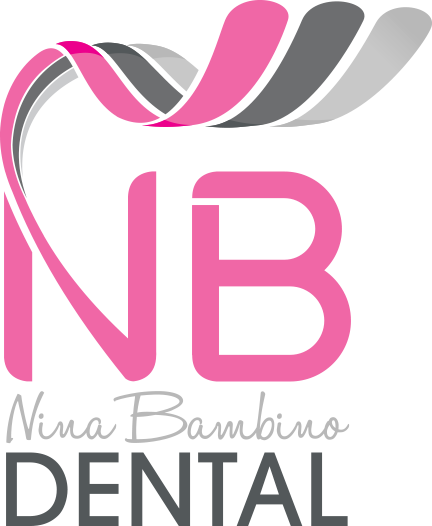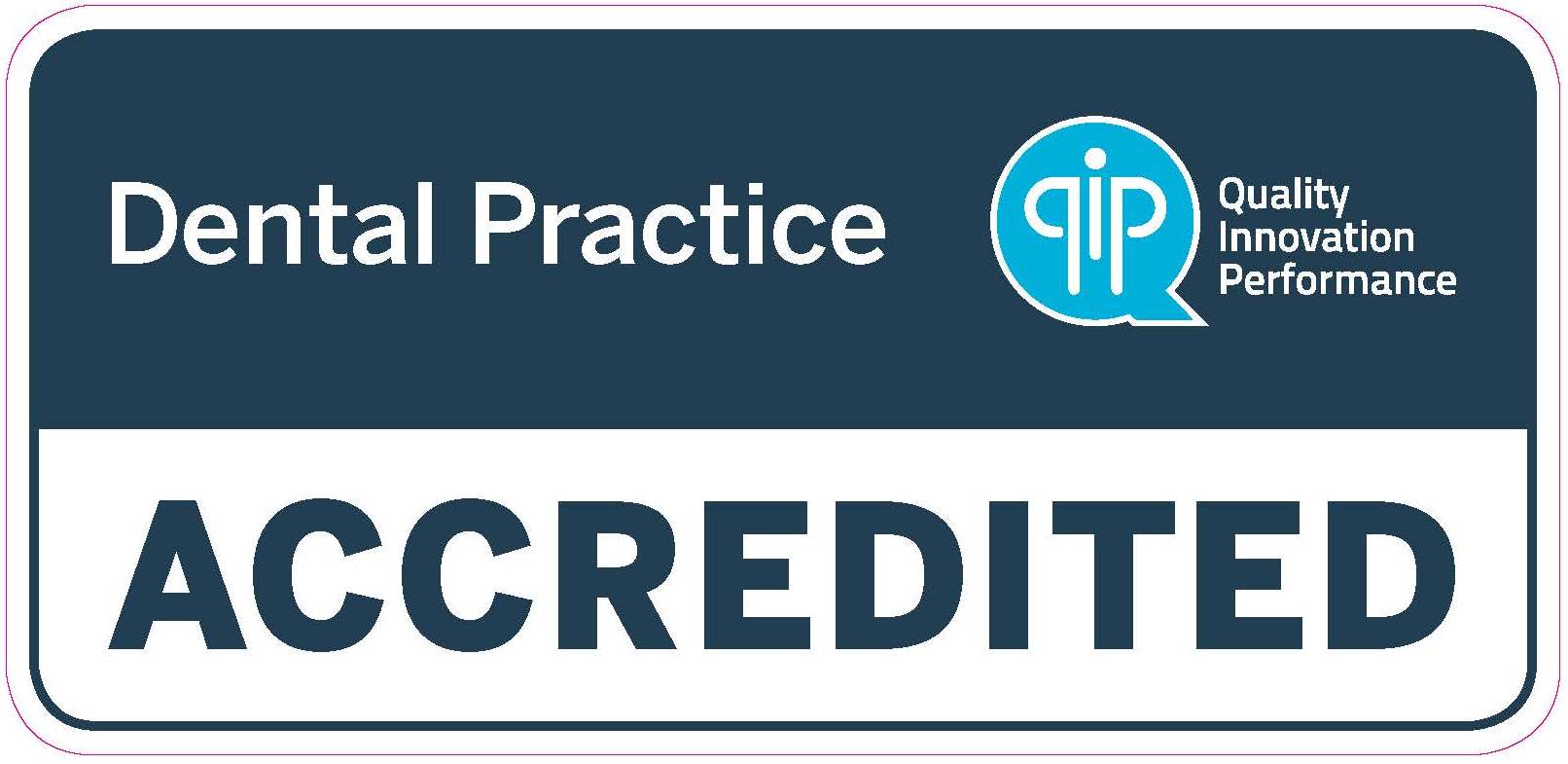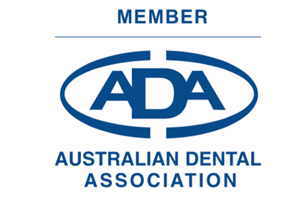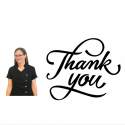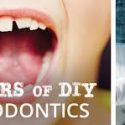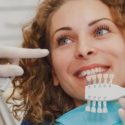NB Dental – Paediatric Dentist Brisbane
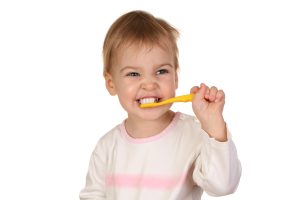
Teething Problems
As a parent, keeping our child happy and healthy is our main priority. We know that what happens in the early years of life forms the building blocks of our health and wellbeing. Dental health is no exception. Unfortunately, dental decay in child population of Australia is considerably high with 47% of all six year olds’ suffering with decayed teeth. In Queensland, this figure is even worse, with some Brisbane suburbs reporting 80% of six year olds experiencing decay. Visit your local Paediatric dentist brisbane today.
How Does Decay Happen?
Parents and their dental health contribute significantly to the cause of this disease in children. Early childhood caries is an infection initiated by the transmission of oral bacteria (mutans streptococci) from parent to infant. This transmission of bacteria by saliva can be initiated by parents using the baby’s eating utensils during feeding or by washing the dummy in their mouth before giving it to the infant. Once the transmission of bacteria from parent to baby has occurred, the bacteria then multiply.
Eating sweet drinks or foods provide bacteria with nutrients to thrive and produce acid. As bacteria, sugars and acid build up around our teeth, we begin to feel that furry film known as plaque, and if left on our teeth for too long, the acids begin to break down the tooth surface. The more frequently we eat sugars (snaking), the more acid the bacteria produce and the more likely we are to get holes in our teeth.
Other factors such as premature births, medical and congenital conditions and infections may also effect the formation of the tooth structure before the teeth erupt into the mouth. This may weaken the surface of the tooth, making it more susceptible to decay.
Why Does Decayed Baby Teeth Matter?
Decayed teeth can be very painful and traumatic. Treatment can be frightening, costly and in some cases will require a general anaesthetic. Often the perception is that treatment of decayed baby teeth is not necessary because they will fall out eventually. Unfortunately deciduous teeth or ‘baby teeth’ are with us for much longer than just our ‘baby years’, with some remaining in the mouth until about 12 years of age. Deciduous teeth are integral to ensuring normal development of the jaw, maintaining space for permanent teeth, assisting the development of good speech, allowing children to eat nutritious, fibrous foods, helping to develop self-esteem, and helping to develop good life-long oral hygiene habits.
How Can Tooth decay in Children be Prevented?
- Reduce the spread of the infectious bacteria from parents to children by minimising the amount of bacteria in your mouth. Morning and night home tooth brushing and flossing. Let your child see that you do this routinely as a necessary job for the day. Regular 6 monthly check-ups and cleans at your local paediatric dentist brisbane, as well as treatment of any decay that has been identified. We encourage you to bring your baby along with you when you have your check-up. To have a ride in the dental chair and get used the surroundings before they have a turn themselves. Take advantage of these visits and discuss with your dentist or hygienist how best to manage the dental health of your child.
- Start brushing your child’s teeth right from when they erupt through the gum. We know in order to prevent tooth decay and gum disease, it is essential daily tooth brushing with a fluoride tooth paste and healthy eating habits are established at an early age. Not only is it a good idea to physically clean the teeth but behaviours developed during childhood are often with us for life. Forming this brushing routine early means your child is more likely to continue the habit throughout their life. Since young children lack the co-ordination needed to brush well, parents and carers need to clean children’s teeth. Adult supervision is recommended up until the age of eight years. As the child watches, they will learn to copy the cleaning actions and by eight years of age, they should have developed sufficient tooth brushing skills to be able to brush without any help.
- Control the amount of sugary foods and drinks your child has. Before four months of age, babies only require breast milk or formula. Remove the baby from the breast after feeding. If bottle feeding, take the bottle away when the child has had enough. The bottle should only contain breast milk or appropriate infant formula. Introduce the child to a feeding cup between six and eight months of age. In most cases, the bottle can be discarded when the child is 12 months old. Encourage children to drink water rather than fruit juices or sweet drinks when thirsty. Avoid dipping dummies in honey, glycerine or other foods or liquids. All natural sugars that are not easily cleared from the mouth, including honey, can lead to tooth decay. If your child needs medicine, ask your doctor or pharmacist to prescribe a sugar-free form.
- It is recommended by the Australasian Academy of Paediatric Dentistry that a child should have their first dental check up by the age of 1. Having regular dental check-ups with your local paediatric dentist Brisbane, means any problems can be picked up before they get out of hand. This early visit also allows the paediatric Dentist Brisbane or Oral Health Therapist to assess the susceptibility of your child’s teeth to decay, introduce preventive measures and ensure close monitoring if required. Introducing a child to the dental environment early when they don’t have any dental problems also ensures that the experience is positive and fun.
For more information on this topic please feel free to contact the practice or have a discussion with our ladies at your next dental check-up.
The Australian Dental Association (ADA) has recently launched a new website providing information for parents on baby teeth.
This site will help you make the right choices about your child’s oral health:
